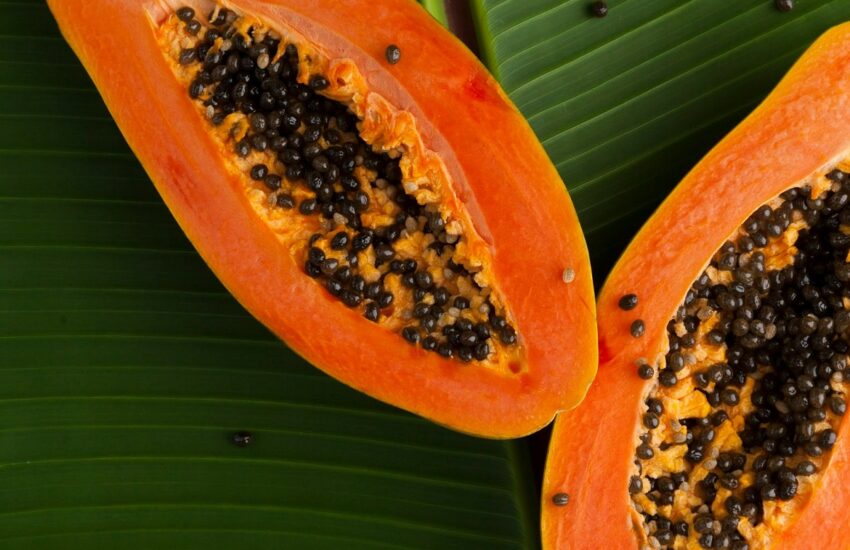Your heart works hard for you every single day. It pumps blood, delivers oxygen to your body, and helps keep you alive and well. That’s why it’s so important to take good care of it. One of the easiest and most natural ways to do that is through the food you eat—especially fruits. Fruits are full of vitamins, minerals, fiber, and natural antioxidants. These nutrients help lower blood pressure, reduce cholesterol, keep your blood vessels healthy, and protect your heart from damage. Eating a variety of fruits can help your heart stay strong and healthy for many years to come. Accordingly Mohit Tandon from Burr Ridge, here are the 10 fruits that are especially good for your heart.
1. Berries (Blueberries, Strawberries, Raspberries)
Berries are small, colorful, and full of health benefits. They are some of the best fruits for your heart. Berries are packed with antioxidants, which are natural substances that help protect your body from harm. These antioxidants reduce inflammation and help your blood vessels stay open and relaxed, which is good for your heart.Blueberries, in particular, have been shown to help lower blood pressure and improve how well your blood vessels work. Strawberries also help reduce “bad” cholesterol and raise “good” cholesterol. Raspberries are high in fiber, which can help control your cholesterol and keep your blood sugar steady.
You can eat berries in many ways—add them to oatmeal, mix them into yogurt, put them in smoothies, or just eat them fresh. They are a sweet and simple way to take care of your heart. – Mohit Tandon Burr Ridge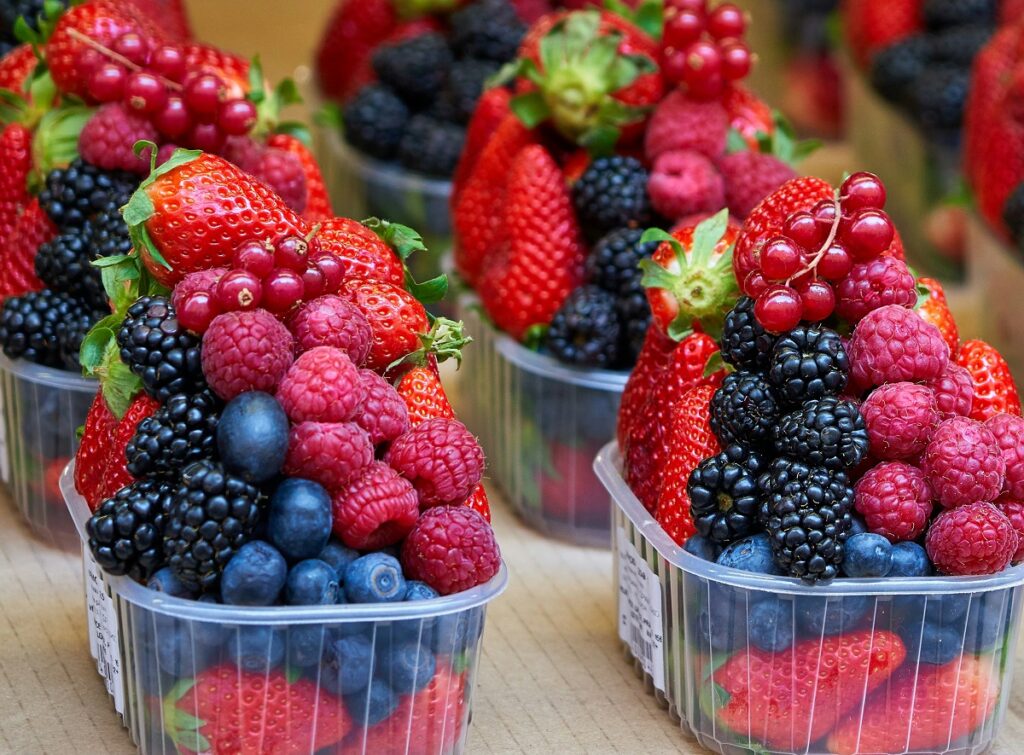
2. Apples
There’s a reason people say, “An apple a day keeps the doctor away.” Apples are very good for your heart. They are high in a type of fiber called pectin, which helps lower cholesterol. When you eat fiber, it traps some of the cholesterol in your gut and helps your body get rid of it.Apples also have antioxidants, such as quercetin, which can help reduce inflammation in your body. Less inflammation means your heart doesn’t have to work as hard, and your blood vessels stay healthier.
Apples are easy to eat. You can take one with you to work, pack one in your child’s lunch, or slice one up and enjoy it as a snack. Try to eat the peel, too—that’s where many of the nutrients are.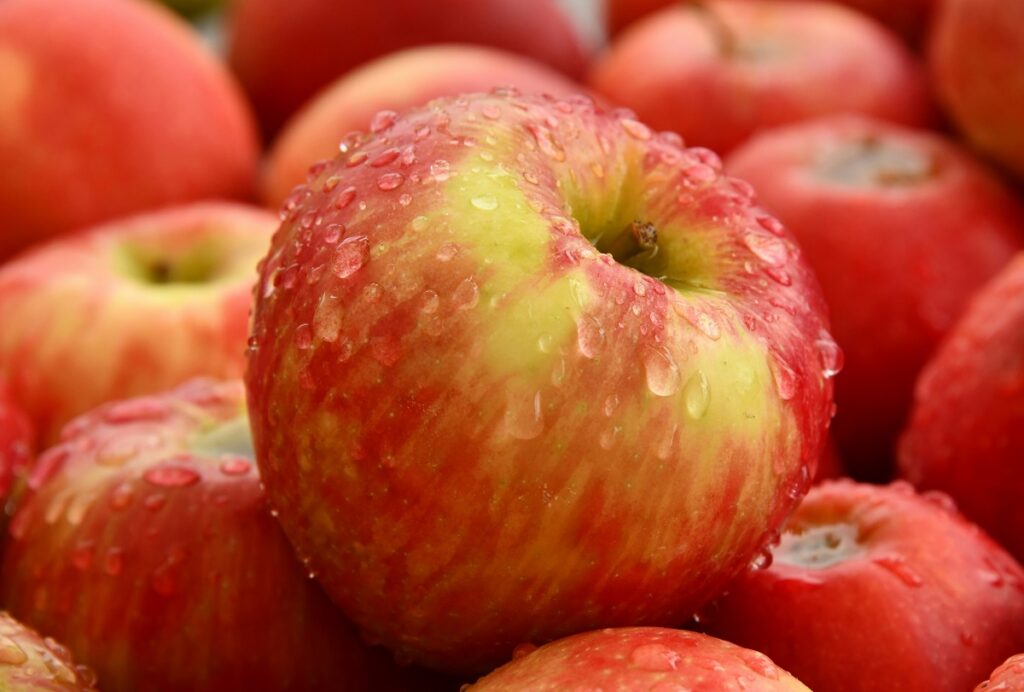
3. Pomegranates
Pomegranates are beautiful red fruits filled with juicy seeds called arils. These seeds are packed with antioxidants—especially one called punicalagin, which is very good for your heart. Pomegranate antioxidants help protect the inside of your arteries and reduce inflammation.Studies show that drinking pomegranate juice may lower blood pressure, improve cholesterol levels, and help prevent buildup in the arteries. This means your heart doesn’t have to work as hard to push blood through your body.
You can eat pomegranate seeds by themselves, sprinkle them on salads or yogurt, or drink 100% pomegranate juice (without added sugar). It’s a tasty way to give your heart a helping hand.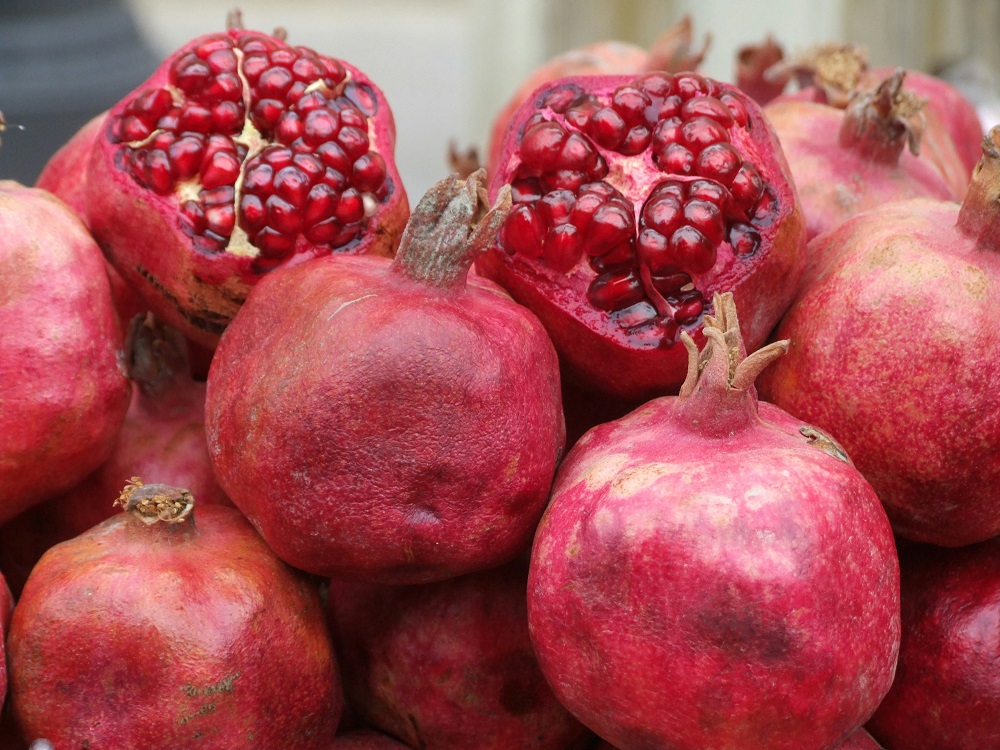
4. Bananas
Bananas are not only tasty and easy to eat—they are also full of potassium, a mineral that helps control blood pressure. When you get enough potassium, it helps your body get rid of extra sodium (salt), which can reduce strain on your heart and blood vessels.High blood pressure is one of the top risk factors for heart disease, so keeping it in check is very important. Bananas also give you energy and fiber, which helps you feel full and satisfied.
You can eat bananas as a quick snack, slice them into cereal, or blend them into a smoothie. They’re affordable, widely available, and great for people of all ages.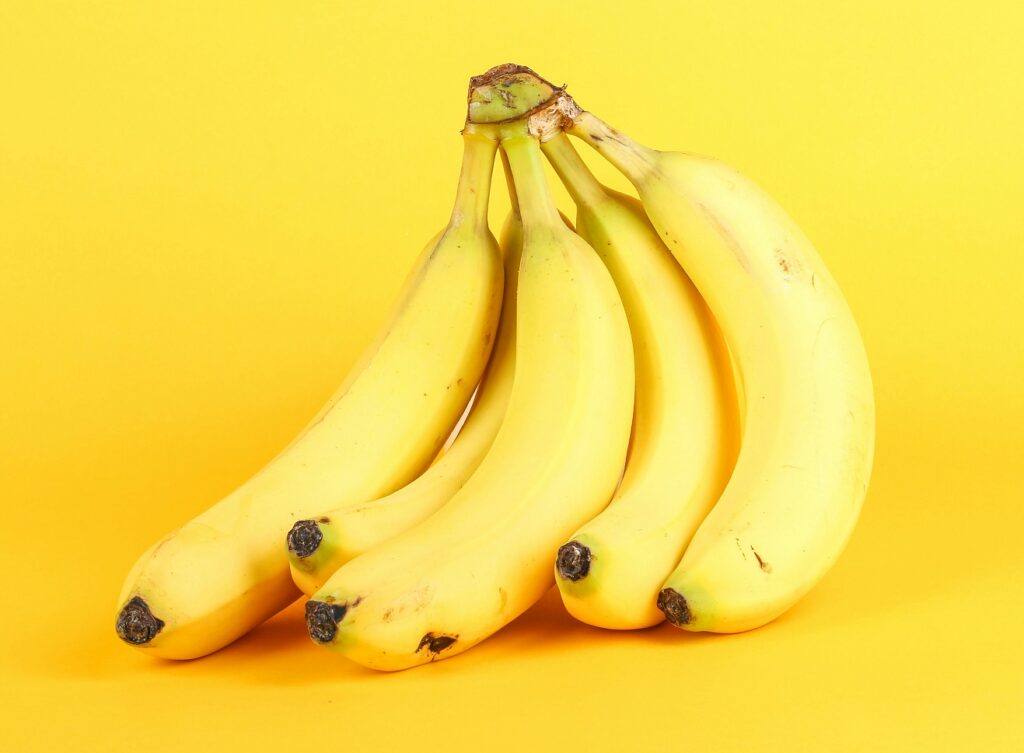
5. Grapes
Grapes, especially red and purple ones, are rich in a compound called resveratrol, which is known for protecting the heart. Resveratrol helps reduce inflammation and may help lower blood pressure and cholesterol.Grapes also contain natural antioxidants that protect your blood vessels and keep your circulation healthy. Plus, they’re full of water, which helps keep you hydrated—something your heart also needs to function well.
You can enjoy grapes fresh, frozen, or even in a fruit salad. Just remember that grapes are sweet, so eat them in moderate amounts—especially if you’re watching your sugar intake.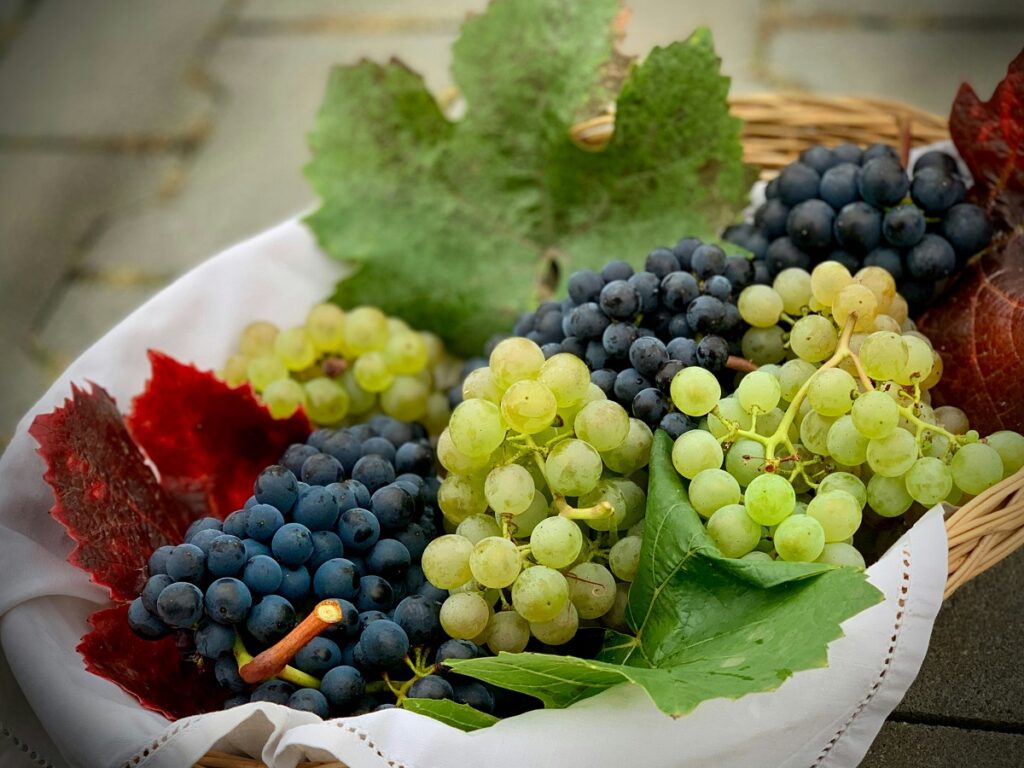
6. Oranges
Oranges are juicy, refreshing, and full of vitamin C, which helps protect the cells in your body from damage. But oranges are also great for your heart. They are rich in potassium, which helps control blood pressure, and fiber, especially a type called soluble fiber that can help lower bad cholesterol (LDL).
Oranges also contain flavonoids, natural plant compounds that reduce inflammation and improve blood vessel function. These flavonoids may help prevent blood clots and lower the risk of stroke. Plus, oranges help keep you hydrated because they have a high water content.
You can enjoy oranges as a snack, drink freshly squeezed orange juice (without added sugar), or add orange slices to a salad. Even the zest (grated peel) can be used to flavor dishes and provide heart-protective benefits.
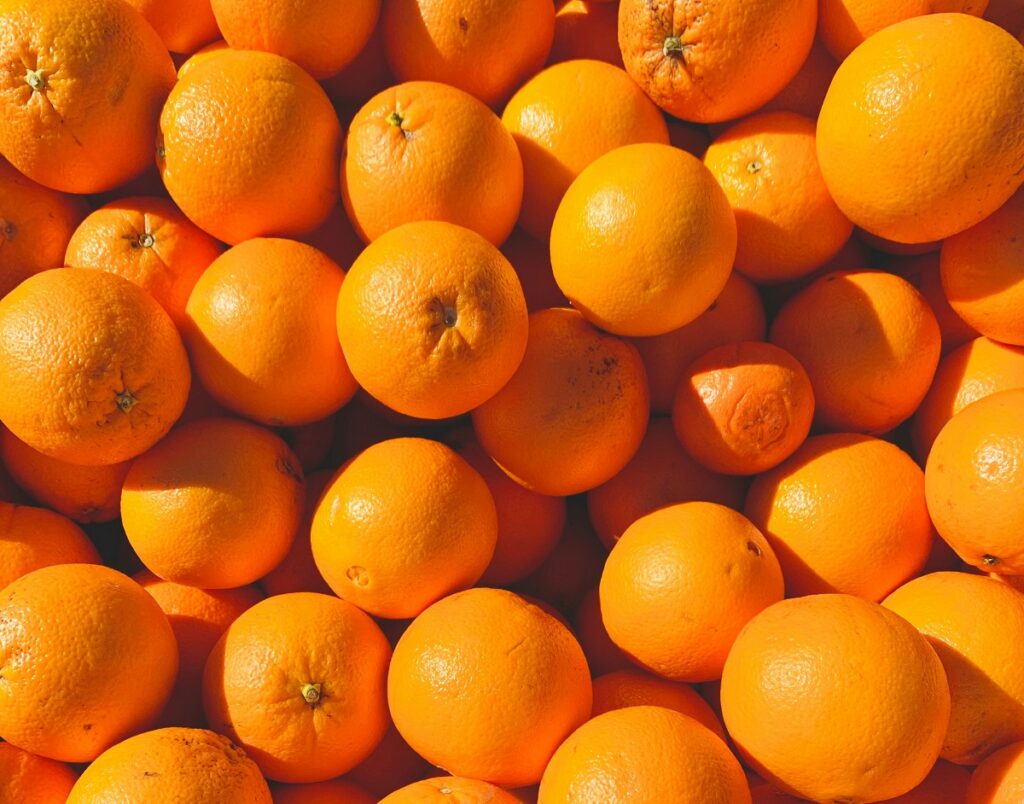
7. Avocados
While some people think avocados are vegetables, they’re actually fruits—and very special ones. Avocados are full of healthy fats, especially monounsaturated fats, which are good for your heart. These fats can help lower bad cholesterol and increase good cholesterol.
Avocados also contain potassium, more than even bananas, and magnesium, both of which support healthy blood pressure. They’re rich in fiber too, which helps control cholesterol and keep your digestive system in balance.
You can use avocados in many ways: mashed on whole grain toast, blended into smoothies, sliced into salads, or made into guacamole. They’re creamy, satisfying, and one of the best heart-friendly fruits you can eat.

8. Papayas
Papayas are tropical fruits that are sweet, soft, and full of nutrition. They are rich in vitamin C, beta-carotene, and lycopene—all strong antioxidants that help protect the heart. These nutrients can reduce inflammation and prevent damage to the walls of your blood vessels.
Papayas also have fiber that helps lower cholesterol and keep your blood sugar levels stable. The enzyme papain, found in papayas, also helps with digestion, which plays a role in heart health by supporting the body’s ability to absorb nutrients properly.
Eat papayas fresh as a snack or add them to smoothies, fruit salads, or even salsas. They are especially helpful if you want a heart-healthy fruit that also supports your digestion.
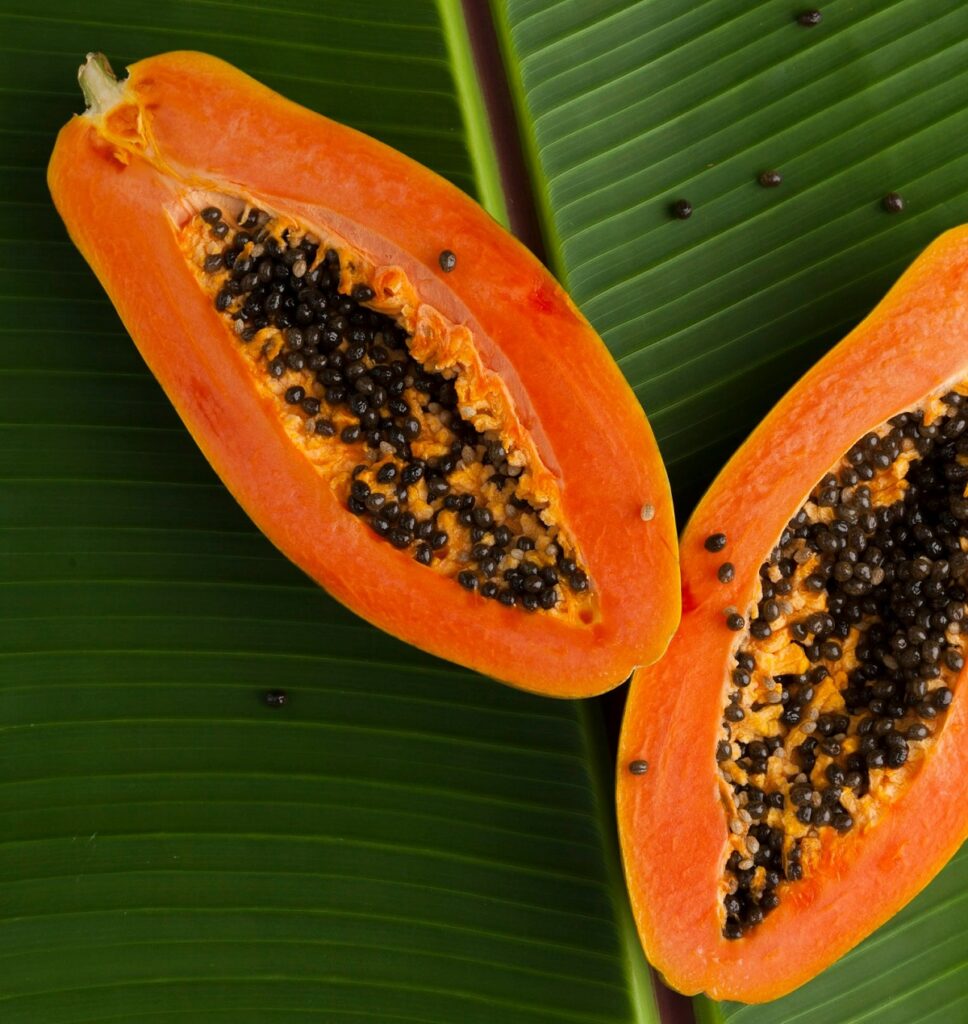
9. Kiwis
Kiwis may be small and fuzzy on the outside, but they’re full of heart-loving benefits. They’re packed with vitamin C, even more than oranges, which helps protect blood vessels and reduce inflammation.
Kiwis also contain potassium and fiber, both important for lowering blood pressure and cholesterol. Some studies suggest that eating a few kiwis a day can help lower triglycerides and improve heart health over time.
You can eat kiwis by scooping them out with a spoon, slicing them onto cereal, or blending them into smoothies. They have a sweet-tart taste and make a great snack for kids and adults alike. – Mohit Tandon Burr Ridge
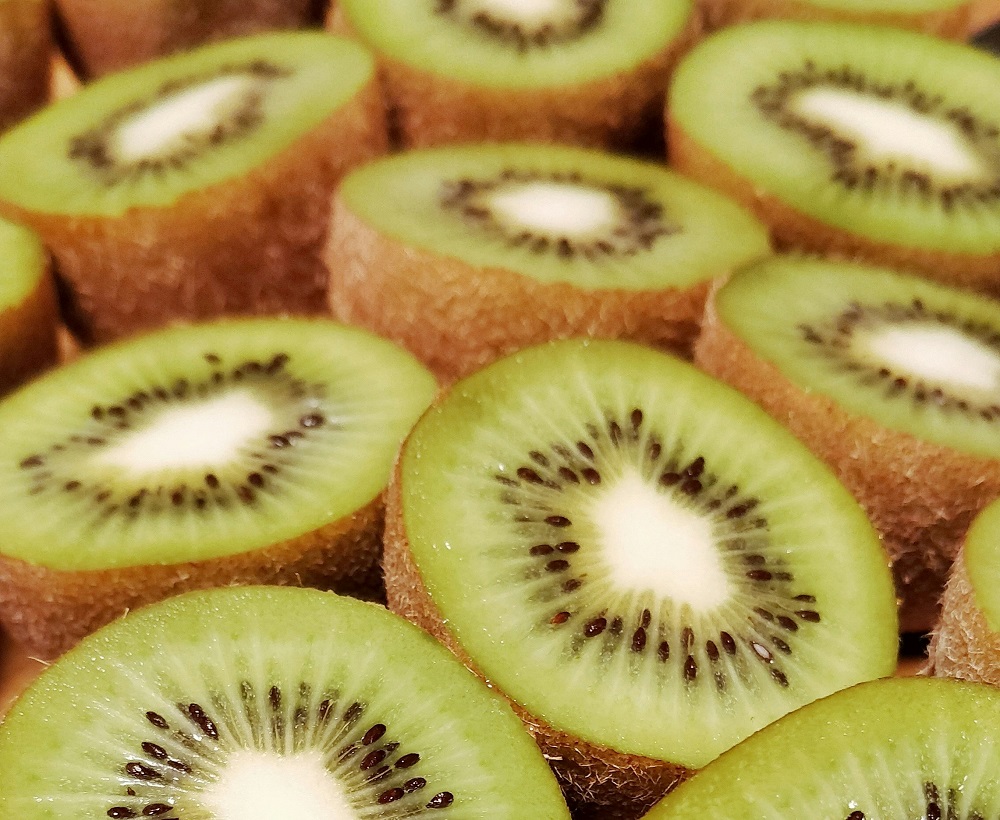
10. Tomatoes
Yes—tomatoes are fruits, even though many people think of them as vegetables. They’re full of a powerful antioxidant called lycopene, which gives them their red color and helps protect your heart. Lycopene may reduce LDL cholesterol and lower blood pressure.
Tomatoes also contain vitamin C, potassium, and folate, all of which support heart health. Cooking tomatoes—like in tomato sauce or soup—actually makes the lycopene more available for your body to use.
You can enjoy tomatoes in many ways: fresh in salads, cooked in sauces, roasted, or even juiced. They’re affordable, easy to find, and a tasty way to support your heart every day.
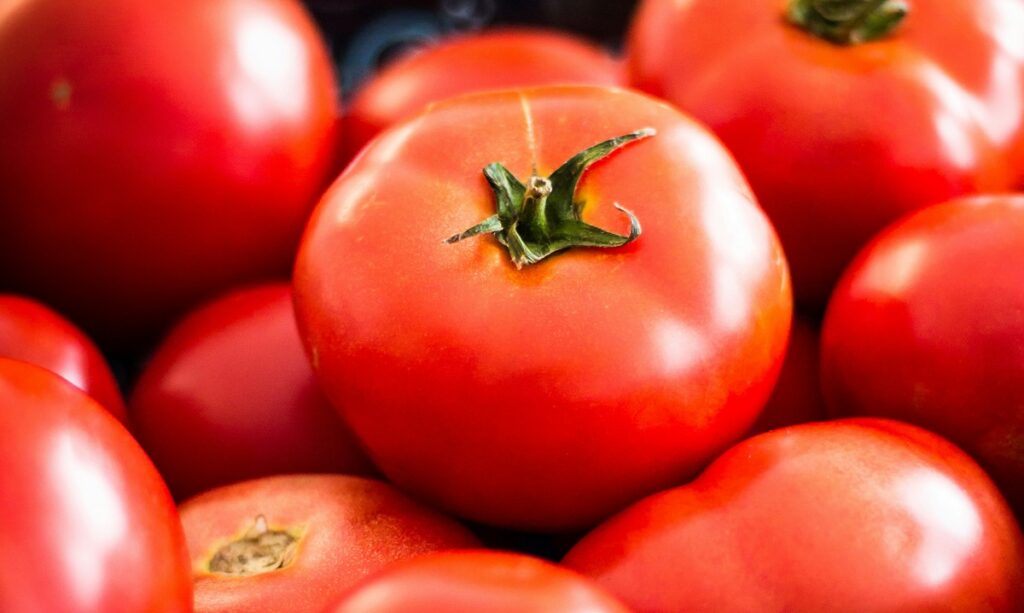
Conclusion
Taking care of your heart doesn’t always require big changes. Sometimes, it starts with something as simple as eating more fruit.
The 10 fruits we talked about—like berries, apples, bananas, and oranges—are not just tasty. They’re packed with powerful nutrients like fiber, antioxidants, vitamins, and healthy fats that help lower cholesterol, reduce blood pressure, and protect your heart in many different ways. Some fruits, like avocados and tomatoes, even support your heart by fighting inflammation and helping your blood vessels stay healthy.
Adding these fruits to your daily meals is easy. Toss them into your breakfast, carry them as snacks, mix them into salads, or blend them into smoothies. You don’t need to follow a strict diet—just start by including a few heart-friendly fruits every day.
Remember, your heart works hard for you every minute of your life. Feeding it the right foods—especially colorful, natural fruits—is one of the kindest things you can do for your body. Over time, small choices like these add up and can lead to better health, more energy, and a longer, stronger life.
So next time you’re at the market, grab an extra apple or a handful of berries. Your heart will thank you.
